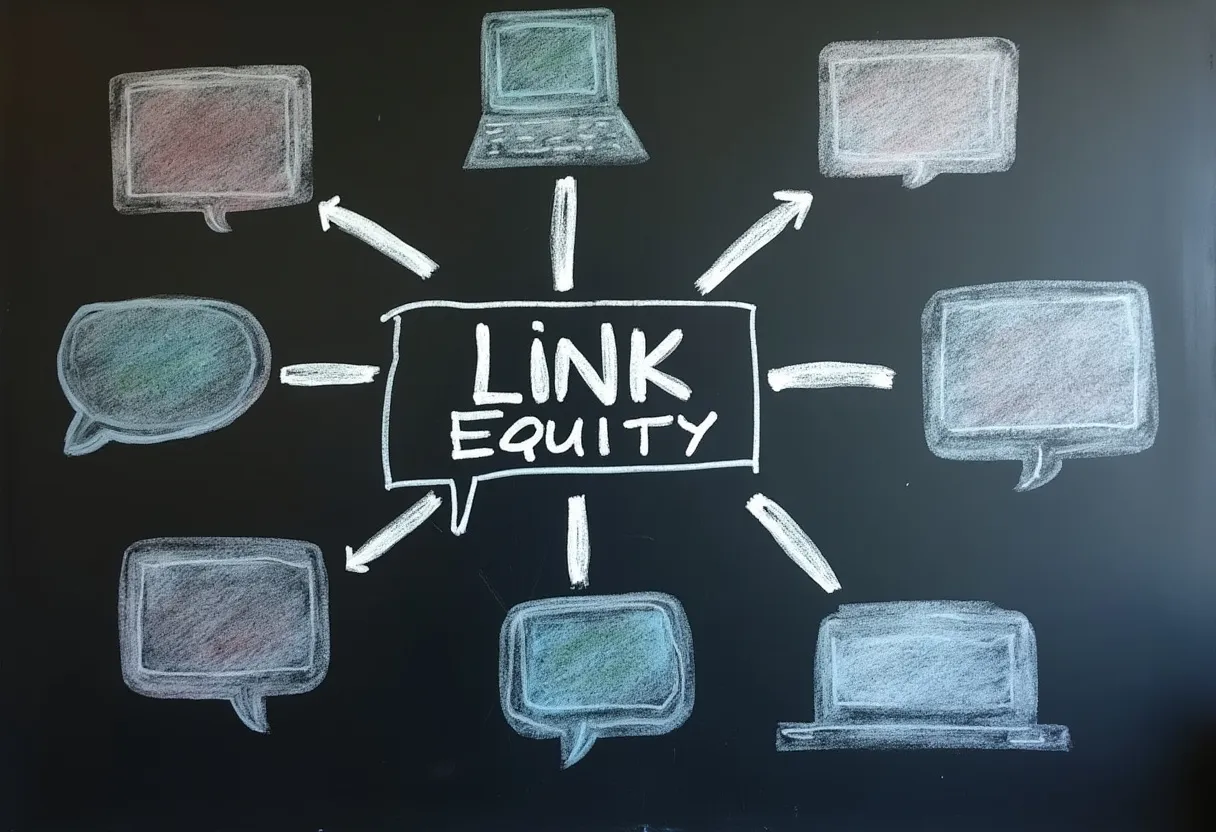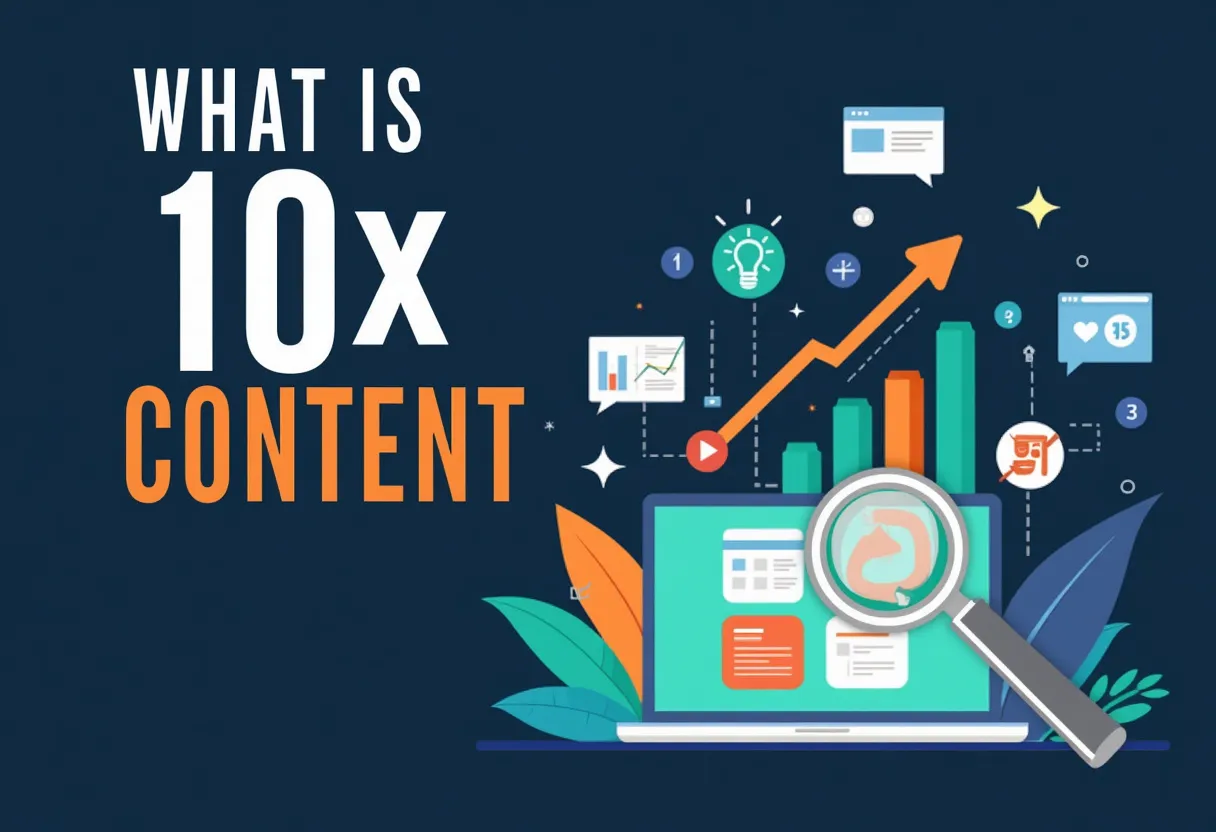Understanding Link Equity in SEO
Definition
What is Link Equity?
Link equity, also known as “link juice” or “link authority,” refers to the value or authority that a link transfers from one web page to another. This concept is central to search engine optimization (SEO) as it influences how search engines evaluate and rank web pages based on the number and quality of links pointing to them.
How It Works
Function and Concept of Link Equity
When a webpage links to another, it passes some of its own value or link equity to the linked page. This transfer of value is seen as a vote of confidence, indicating to search engines that the linked page is noteworthy and deserves recognition.
The amount of link equity passed depends on several factors, including:
- Authority of the Linking Page: High-authority pages pass more link equity than lower-authority ones.
- Relevance of the Link: Links that are contextually related to the content they point to are more valuable.
- Quality and Quantity of Other Links: The presence of many high-quality links on a webpage enhances its authority, while numerous low-quality links can dilute the link equity.
- Type of Link: Dofollow links pass link equity, whereas nofollow links do not.
Practical Use Cases
External links from other websites can significantly boost a page’s link equity, helping it rank higher in search engine results pages (SERPs). Internal links within a website can distribute link equity effectively, enhancing the rankings of targeted pages.
Why It Matters
Importance of Link Equity in SEO
Link equity is a crucial factor in search engine rankings. Pages with high link equity are seen as more authoritative and valuable by search engines, leading to better rankings for competitive search terms.
It helps in driving organic traffic, which is essential for the success of online businesses, particularly in competitive spaces like SaaS.
Link equity affects not just the page that receives the link but also the overall domain authority, influencing the website’s ability to rank well across various search terms.
Best Practices
Recommended Methods and Strategies
- Focus on Quality Over Quantity: Pursue high-quality links from relevant and authoritative websites rather than aiming for a large number of low-quality links.
- Create Valuable and Shareable Content: Produce content that is resourceful and helpful, increasing the likelihood that other authoritative sites will link to it.
- Guest Blogging and Content Marketing: Engage in guest blogging and content marketing to acquire external links from reputable sites.
- Internal Linking Strategies: Use internal links to distribute link equity effectively within your website. Identify pages with high link equity and link to other important pages internally.
- Optimize Anchor Text: Ensure the anchor text of links is relevant and provides context about the linked content.
- Regularly Monitor and Optimize Backlinks: Use SEO tools to monitor your backlink profile, remove or disavow low-quality links, and ensure high-authority sites link to the correct pages.
Tools and Tips
- Utilize SEO analytic tools to determine the domain or page authority of linking sites and to track changes in your backlink profile.
- Perform content refreshes to further boost the rankings potential of pages with high link equity.
- Consider SEO auditing services to optimize the flow of link equity across your entire site.
Related Terms
To fully understand and improve the flow of link equity, it’s beneficial to be familiar with related SEO terms and practices, such as:
- 301 Redirect: A permanent redirect from one URL to another that passes full link equity.
- 302 Redirect: A temporary redirect that does not pass link equity.
- Backlink Building: The process of acquiring links from other websites to increase link equity.
- Backlink Detox: The practice of removing or disavowing harmful or low-quality links.
- Dofollow Link: A type of link that passes link equity to the linked page.
- Editorial Link: A naturally-acquired link that is given without any solicitation, often considered highly valuable.
- Inbound Link: A link from an external domain pointing to your site.
- Internal Link: A link from one page on your website to another page on the same site, used to distribute link equity.
- Link Building: The strategic process of acquiring links to improve a site’s link equity and search rankings.
- Link Juice: Another term for link equity, denoting the SEO value passed from one page to another.
Conclusion
Link equity is a fundamental concept in SEO, affecting how search engines perceive and rank web pages. Understanding how it works, why it matters, and how to optimize it, can significantly enhance your website’s authority and search visibility. By focusing on quality backlinks, crafting shareable content, and employing strategic internal linking, you can effectively manage and improve the flow of link equity, driving better search engine rankings and organic traffic to your site.



